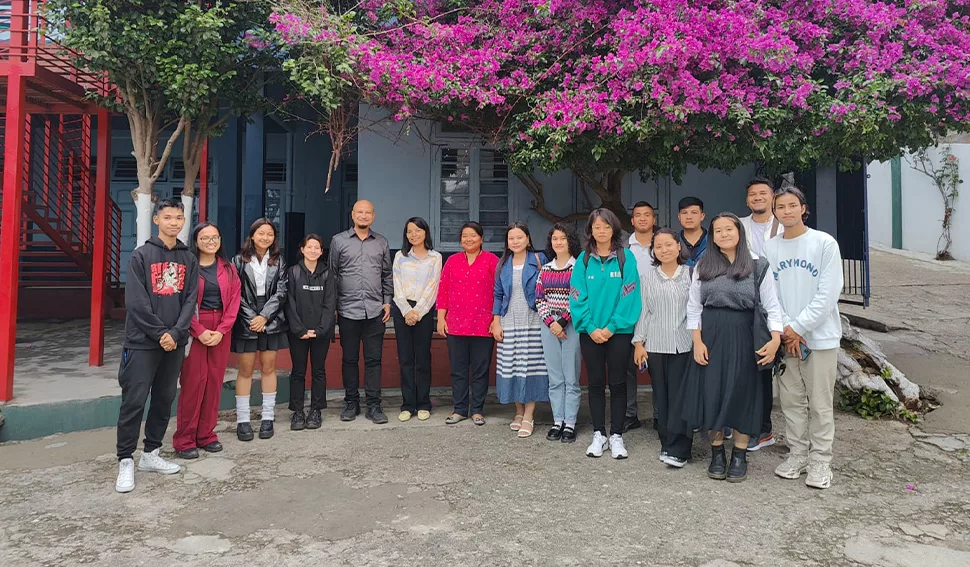Meghalaya’s Youth Leaders win international grant to preserve State’s natural heritage
A team of young leaders from Meghalaya has secured an international grant for Biodiversity Citizen Science as part of the prestigious Fellowship Program, “One Million Leaders in Asia (OMLAS)” by Nelis Global in Tokyo, Japan.
The team, led by Nathaniel Bhakupar Dkhar who achieved the OMLAS Fellowship, and Joanica Delicia Jyrwa as the principal investigator, comprises a group of individuals passionate about biodiversity conservation.
In a statement issued here, Jyrwa said that the team consists emerging talents from OMLAS, students representing diverse colleges within Meghalaya, and individuals hailing from across the country have come together for the project.
She added that the team members have pooled their knowledge and resources for the betterment of the diverse natural habitats along with the living components present in them, enhancing the project with a wealth of experiential perspectives.
She mentioned, “The primary objective of the team is to utilize the project funding to spread biodiversity awareness and literacy throughout the state. They aim to engage local citizens in understanding and preserving the region’s rich biodiversity through various activities, including photography challenges, nature walks, and webinars.”
An essential part of their strategy involves collaboration with the Indian Youth Biodiversity Network, where Jyrwa also serves as the state coordinator.
This partnership will allow the team to leverage the network’s platform for compiling and sharing the information gathered during the project, maximizing its impact.
Jyrwa informed that the recognition and financial support from the Fellowship Program provide a significant boost to the efforts of young leaders in conserving Meghalaya’s natural heritage.
She said that the team’s commitment to biodiversity conservation promises a brighter and greener future for the state and beyond.
Jyrwa said, “The overall inference of the project is backyard biodiversity monitoring, including a deeper understanding of local ecosystems and the species that inhabit them. It empowers individuals with a sense of stewardship and strengthens community-driven conservation initiatives. Individuals, researchers, and organisations are inspired to build upon existing work, fuelling advancements and contributing to the collective understanding and progress of society.”
She observed that after identifying such potential we can generate employment by training the locals to be tourist guides, establish homestays, and boost the overall tourism of the state with new insights relating to the diversity of nature.
According to her, such a move will lead to alternative livelihood as a means to conserve biodiversity, it would not only make ecological sense but also economic sense to the common masses.



Leave a Reply